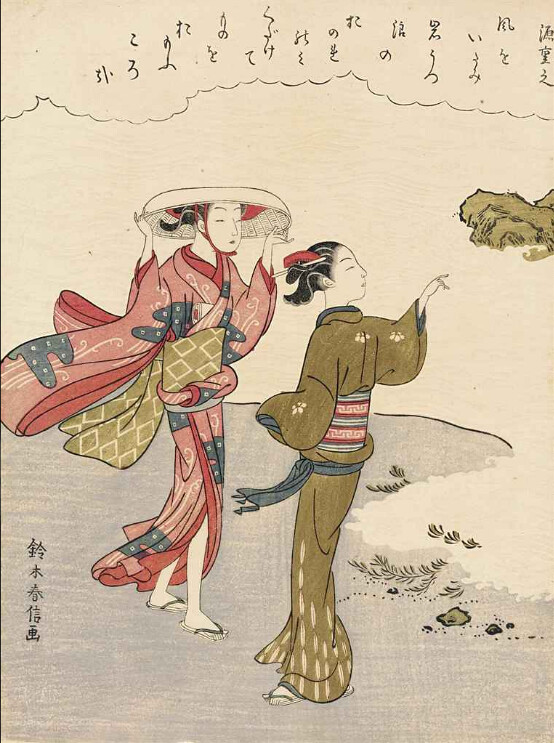In ancient times, aging poets in Japan would craft a death poem in acknowledgment that their time on Earth was coming to an end and as a reflection on the life they had lived.
There’s a story that when the Japanese poet Matsuo Basho was getting on in years, he was asked if he had written his death poem yet, and he responded that every poem he had ever written had been his death poem.
In other words, his life’s work was shaped by his awareness that we should live as if our lives might end at any moment—no regrets, no sleepwalking through life, or making choices unconsciously.
While thinking about death can cause feelings of sadness and fear, it can also help us to become aware of the choices we’ve been making that have led us to a sense of dissatisfaction, purposelessness, or perhaps numbness.
The “walking death” of living, according to old, stale habits, refusing to replace them with more satisfying ones, can make us feel even more melancholy than we would feel if instead, we faced the truth about the way we are living, let some things in our life “die,” and made way for new things to grow.
You can take the first step on the journey to living a more conscious and fulfilling life by writing a poem about the life you have lived or the one you wish to have lived. Perhaps this will be a free-form poem, or maybe it will be a haiku—or a eulogy. You can consider how you would like to be talked about after you’re gone and what you would like to have accomplished. You can put some thought into what the poem would be if you were to write it at the end of your life, imagining what you might experience between now and then.
Whether you look back and write this poem about your life to date or you write it as if it were a sort of eulogy written from the perspective of your future, older self, you can consider whether there’s a new way to think about events that caused us sorrow or regret.
The future will likely hold some challenges. When writing the poem, you can think about that and imagine your response: how you might struggle with difficulties yet perhaps overcome them so that they do not crush you.
Can you find humor in what once irritated you and meaning in what once seemed like a pointless exercise in frustration?
Can you imagine finding the courage to make changes even if that means you suffer? Maybe the discomfort will be worth it because you’ll be able to experience something better than what you’re experiencing now.
While you are reflecting, you can think about the poetry in your life now and in the past—the beauty that inspired a sense of awe and wonder in you. What moments were exquisite and why? If life seems dull and without any sense of the mystical, how can you take advantage of opportunities to feed your hunger for poetry and beauty?
What might your life be like someday as a result of any new choices you make now? What will you reflect on and feel good about?
What joys have you yet to experience?
How would you like to have faced any challenges?
As you look at what you have accumulated to this point—friends, accolades, wealth, or material items—you might want to imagine yourself giving it away someday. There’s a legend that when Alexander the Great lay dying at the age of 32, he made three last requests: for his doctors to carry his coffin, for gold and silver from his treasury to be spread over the road during the procession to his grave, and for his hands to be positioned to hang over his coffin’s sides. The idea was to show that even the best doctors might not be able to save us, we can’t take our wealth with us, and we arrive in this world empty-handed and leave the same way.
As you think about any treasures you have held onto, identify what you’re willing to let go of—it’s possible to retain the fond memories of how you acquired and enjoyed them yet give them away. You can think about who would appreciate having your treasures after you’re gone.
If you still have things you wish to acquire, you might want to think about the effort it will take to acquire them. Will the work have been worth it when you look back at the end of your life? Is it time to begin shifting your attention from building up security to creating a sense of purpose? If you want more joy in your life and more time with people you love, you can consider whether you’re on the path to making that happen.
In reflecting on the poem of your life, you might see a way to begin a new story, one more pleasing to you and Source, a story that is filled with vitality instead of a list of accomplishments you didn’t truly value.
Like Basho, you can choose to live conscious of your mortality. The result might be a life that is more poetic and satisfying.
~







Read 0 comments and reply